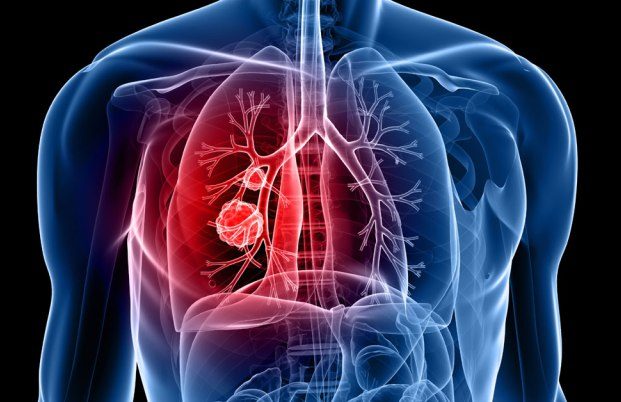Pneumococcal Pneumonia: Causes, Symptoms, Transmissions, Diagnosis and Treatment
Apr 19, 2022
Pneumonia is a lung disease whereas pneumococcal pneumonia is a type of pneumonia which infects the upper part of the respiratory tract & can spread into the blood, middle ear, lungs and even affect the nervous system.
Pneumococcal pneumonia primarily leads to illness amongst children below the age of 5 years & adults of the age 65 years or above. The elderly are mainly at the risk of falling seriously sick & dying due to the disease. Additionally, individuals having certain medical conditions like a chronic heart, liver or lung disease or sickle known as anemia also are at higher risk of getting pneumococcal pneumonia. Individuals having AIDS/HIV or people who have undergone organ transplants and are taking medicines that reduce their resistance against infections are at an increased risk of suffering from this disease too.

Causes of Pneumococcal Pneumonia
Pneumonia could be a result of several viruses, bacteria & sometimes fungi. Pneumococcal pneumonia is a result of a bacterium known as Streptococcus pneumonia or strep. S. pneumonia is also known as pneumococcus.
Transmission of Pneumococcal Pneumonia Infection
Pneumococcus spreads across by contact with individuals that are sick or are carrying the bacteria in their throats. One could get pneumococcal pneumonia from the respiratory droplets from nose or mouth of some infected patient. It is common for individuals, mainly children to carry this bacterium within the throat without even being ill.
Symptoms associated with Pneumococcal Pneumonia:
Pneumococcal pneumonia could start all of a sudden. We may first experience severe shaking chill that is generally followed by:-
- High fever
- Shortness of breath
- Cough
- Chest pains
- Rapid breathing
The other symptoms could be:-
- Nausea
- Headache
- Vomiting
- Fatigue
- Muscle ache
Diagnosis of Pneumococcal Pneumonia:
You doctor could diagnose pneumonia on the basis of:-
- Symptoms
- Lab tests
- Physical exam
- Chest X-ray
Other bacteria & germs can also lead to pneumonia. Hence, if someone has any symptoms they shall get diagnosed early & commence the medications if needed.
A healthcare provider could generally identify pneumococcal pneumonia by identifying the bacteria Streptococcus pneumonia in the blood, lung fluid or saliva.
Treatment for Pneumococcal Pneumonia:
Your doctor would generally prescribe antibiotics for treating the disease. Pneumococcal pneumonia symptoms generally go away within 12 – 36 hours after we start taking medicines.
Some bacteria like Streptococcus pneumonia, however, are currently even capable of fighting off the antibiotics. This antibiotic resistance is increasing globally as these medicines have been misused and overused. Hence, if someone is at a risk of having pneumococcal pneumonia, they shall speak to their healthcare provider regarding the prevention of it.







